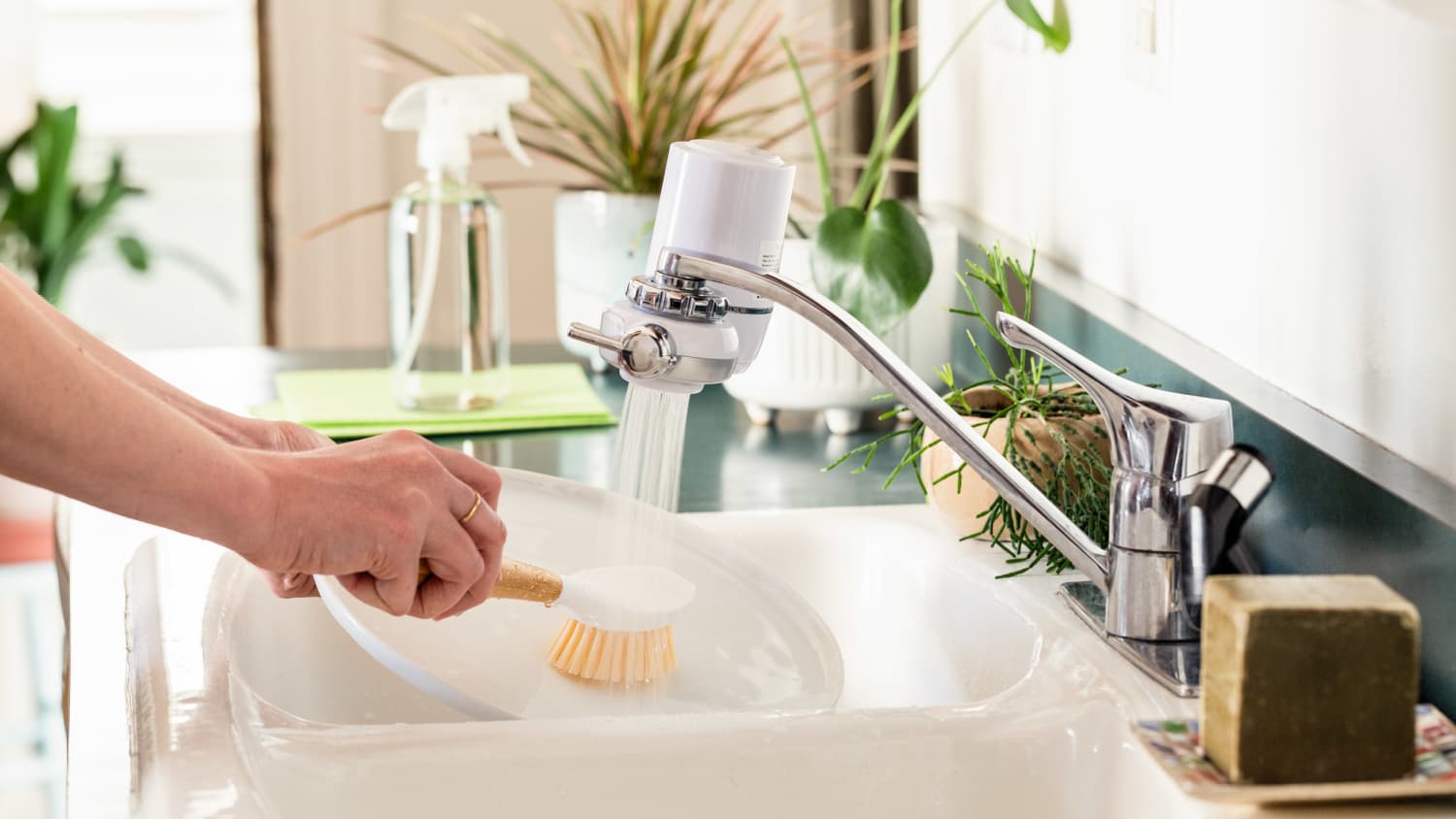
Homemade Vinegar Cleaners

Homemade vinegar cleaners are an effective, eco-friendly alternative to commercial cleaning products. These DIY solutions typically combine white vinegar with water in a 1:1 ratio, creating an all-purpose cleaner suitable for various surfaces. To enhance the cleaning power and mask vinegar’s strong scent, many recipes incorporate natural ingredients like lemon juice, essential oils, or infused citrus peels.
- Benefits of homemade vinegar cleaners include:
- Cost-effectiveness
- Reduced packaging waste
- Non-toxic and safe for humans, animals, and the environment
- Versatility in cleaning multiple surfaces
- Antibacterial properties due to vinegar’s acetic acid content
When using vinegar-based cleaners, it’s important to avoid stone surfaces like marble or granite, as the acidity can damage these mate
Zero Waste Cleaning Kits

Zero waste cleaning kits offer a sustainable solution for eco-conscious consumers looking to reduce their environmental impact while maintaining a clean home. These kits typically include reusable and biodegradable cleaning tools and products, often packaged in plastic-free or recyclable containers. Common components of zero waste cleaning kits include:
- Concentrated, plant-based cleaning solutions in refillable containers
- Solid dish soap bars and laundry detergent powders
- Bamboo or wooden cleaning brushes with replaceable heads
- Reusable spray bottles, often made of glass
- Natural fiber cloths or sponges
- Compostable packaging materials
Many companies offer subscription-based refill services, allowing customers to replenish their cleaning supplies without generating additional waste. While these kits can be more expensive initially, they often prove cost-effective in the long run due to their concentrated formulas and refillable nature.
Eco-Friendly Carpet Solutions

Eco-friendly carpet solutions offer effective cleaning without harsh chemicals, making them safe for households with children and pets. Many natural carpet cleaners use plant-based enzymes or oxygen-powered formulas to break down stains and odors. These non-toxic options often include ingredients like vinegar, baking soda, and essential oils, which can be just as effective as conventional cleaners while being gentler on the environment.
- Key benefits of eco-friendly carpet solutions:
- Safe for use around children and pets
- Biodegradable and less harmful to waterways
- Often free from volatile organic compounds (VOCs)
- May improve indoor air quality
- Available as both homemade recipes and commercial products
When choosing a green carpet cleaner, look for certifications like EPA Safer Choice or Green Seal to ensure the product meets environmental and safety standards. For stubborn stains or deep cleaning, consider using a steam cleaner, which relies on heat and water rather than chemicals to sanitize and refresh carpets.
Vinegar for Stain Removal

Vinegar, particularly distilled white vinegar, is a versatile and effective natural stain remover for various types of fabric stains. Its acetic acid content helps break down and lift stains without damaging most fabrics. For best results, pre-soak stains in a solution of 1 part vinegar to 3 parts water for 15-30 minutes, or apply undiluted vinegar directly to tougher stains. Vinegar is especially effective on grass, coffee, tea, and juice stains.
- Key benefits of using vinegar for stain removal:
- Eco-friendly and non-toxic alternative to harsh chemicals
- Inexpensive and readily available in most households
- Effective on a wide range of stains
- Can be combined with other natural ingredients like baking soda for enhanced cleaning power
When using vinegar for laundry, add a cup to the rinse cycle to brighten clothes and remove odors. However, avoid using vinegar on delicate fabrics or those containing natural fibers like silk or wool, as it may damage them.
DIY Scrubbers and Brushes

DIY scrubbers and brushes offer an eco-friendly and cost-effective alternative to store-bought cleaning tools. One popular option is creating a power scrubber by attaching a circular brush head to a drill, allowing for efficient cleaning of tough surfaces. To make this, simply remove the handle from a circular scrub brush, drill a hole in the center, and attach it to a drill using a bolt and nut. For a more sustainable option, consider crafting a dish scrubber using jute string, which is biodegradable and compostable. These homemade tools can be just as effective as commercial products while reducing plastic waste and saving money.
- Benefits of DIY scrubbers and brushes:
- Customizable to specific cleaning needs
- Reusable and often made from sustainable materials
- Cost-effective compared to repeatedly buying disposable scrubbers
- Can be more powerful when combined with power tools like drills
- Reduces reliance on plastic cleaning tools
When creating DIY scrubbers, ensure proper attachment to avoid accidents during use. For gentler cleaning tasks, consider using natural materials like loofah sponges or coconut fiber scrubbers, which are fully biodegradable and effective for everyday dish washing.
Embracing Green Cleaning
